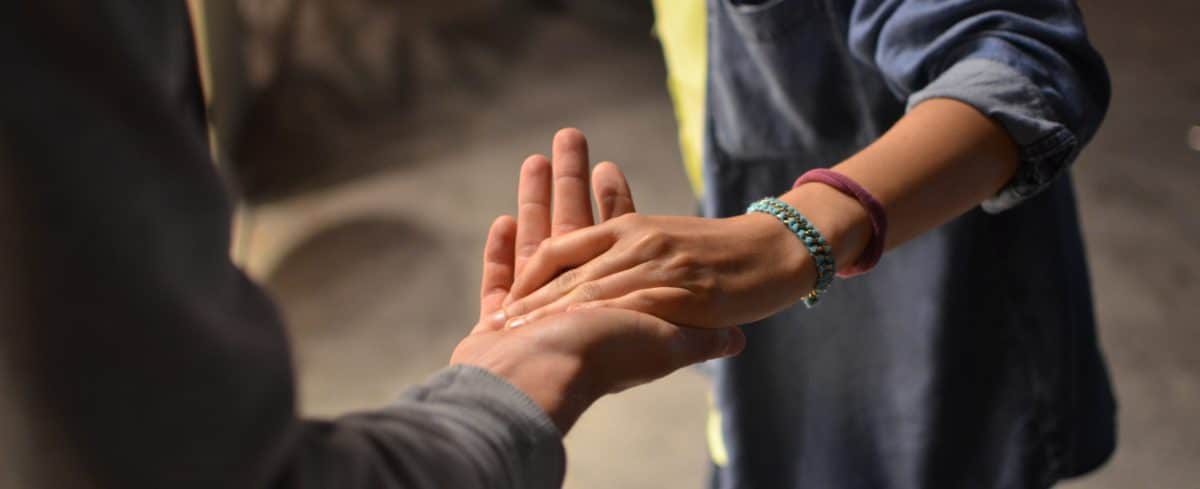Would Carl Wimmer repeal the charitable donation deduction? The answer to this question will speak volumes about the kind of America he will try to shape if elected to Congress.
Recently, the Alliance for a Better UTAH contrasted a statement by state Rep. Wimmer to my prophet’s praise of the LDS Church’s welfare program. Wimmer tweeted: “It’s wrong for someone to confiscate your money, give it to someone else, and call that ‘compassion’,” at the same time that LDS President Thomas S. Monson praised the church’s welfare program and called for fellow Latter-day Saints to help others.
Commentators suggested that the Alliance was directly linking taxation and tithing and called the analysis flawed. Even though my tithes and fast offerings are voluntarily given, I don’t choose who receives help. I trust that it goes to people truly in need.
I hope for the same with my taxes, which are also voluntarily paid. There are consequences if I don’t pay my taxes or my tithes and offerings.
I believe that churches, businesses, individuals and America itself all play roles in philanthropy and caring for our citizens. I believe that “the more the merrier” should be our philosophy when striving for a Utah where there are “no poor among us.”
America helps the poor and needy through welfare programs as well as through tax policy. Yet this view seems in direct conflict to Wimmer’s apparent philosophy that compassion must come solely from individual free market charitable decisions.
It is unlikely that the free market would provide sufficient help on its own. I prefer an America that gives a little nudge in the right direction.
Thus, I was particularly interested to see one of my apostles, Elder Dallin H. Oaks, address the Senate Finance Committee at the invitation of Sen. Orrin Hatch. Elder Oaks was discussing possible changes to the charitable deduction in the tax code. He suggested that any changes should not include changing the charitable deduction.
He said that this was not a religious issue, nor a political issue, nor even an economic issue. Rather, he said, “it poses a question about the nature and future of America.” And that is at the core of today’s political discussion — what kind of America do we want?
Elder Oaks also said, “We are grateful for charitable deductions, which encourage donations to churches and other charities.
The effect of this tax benefit is built into the financing of charitable enterprises that are vital to our nation, and it is a significant and wise support of the private sector.”
Let’s be clear that the tax deduction for charitable giving is, by definition, America encouraging a certain societal outcome.
It is a “tax expenditure” that impacts every taxpaying American regardless of their use of the deduction or the charitable services supported thereby. It is, in fact, a transfer payment.
It is a government-provided incentive to create a compassionate America that believes in individual liberty, freedom, and earning the fruits of one’s labor, but also an America that cares for its citizens, values communal sharing and does not unnecessarily punish those who do not succeed or cannot care for themselves.
This “intervention” — as some attempt to negatively brand America’s encouragement of philanthropy — has fed the private sector’s philanthropy since the deduction was introduced. Indeed, Elder Oaks himself defended this American intervention to the Senate Finance Committee.
Carl Wimmer’s past statements infer a position against American intervention of any kind, to which I ask: If not encouraged, will we give at the same levels?
So I ask again: If elected, will Carl Wimmer vote to repeal the charitable deduction? That is not the America I want.
By Crystal Young-Otterstrom
Better UTAH Board Member
published in The Salt Lake Tribune, October 29, 2011
link to original article

